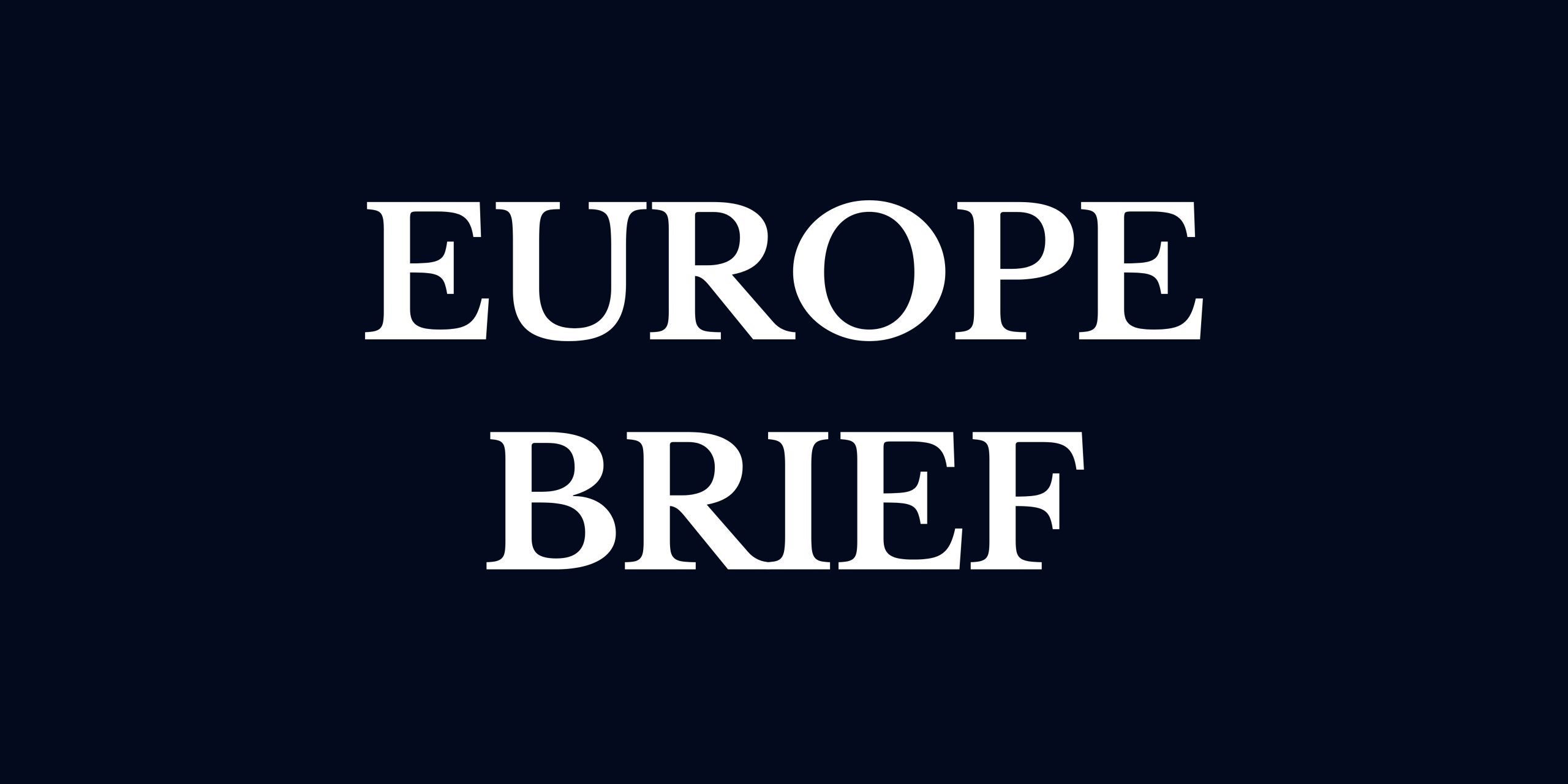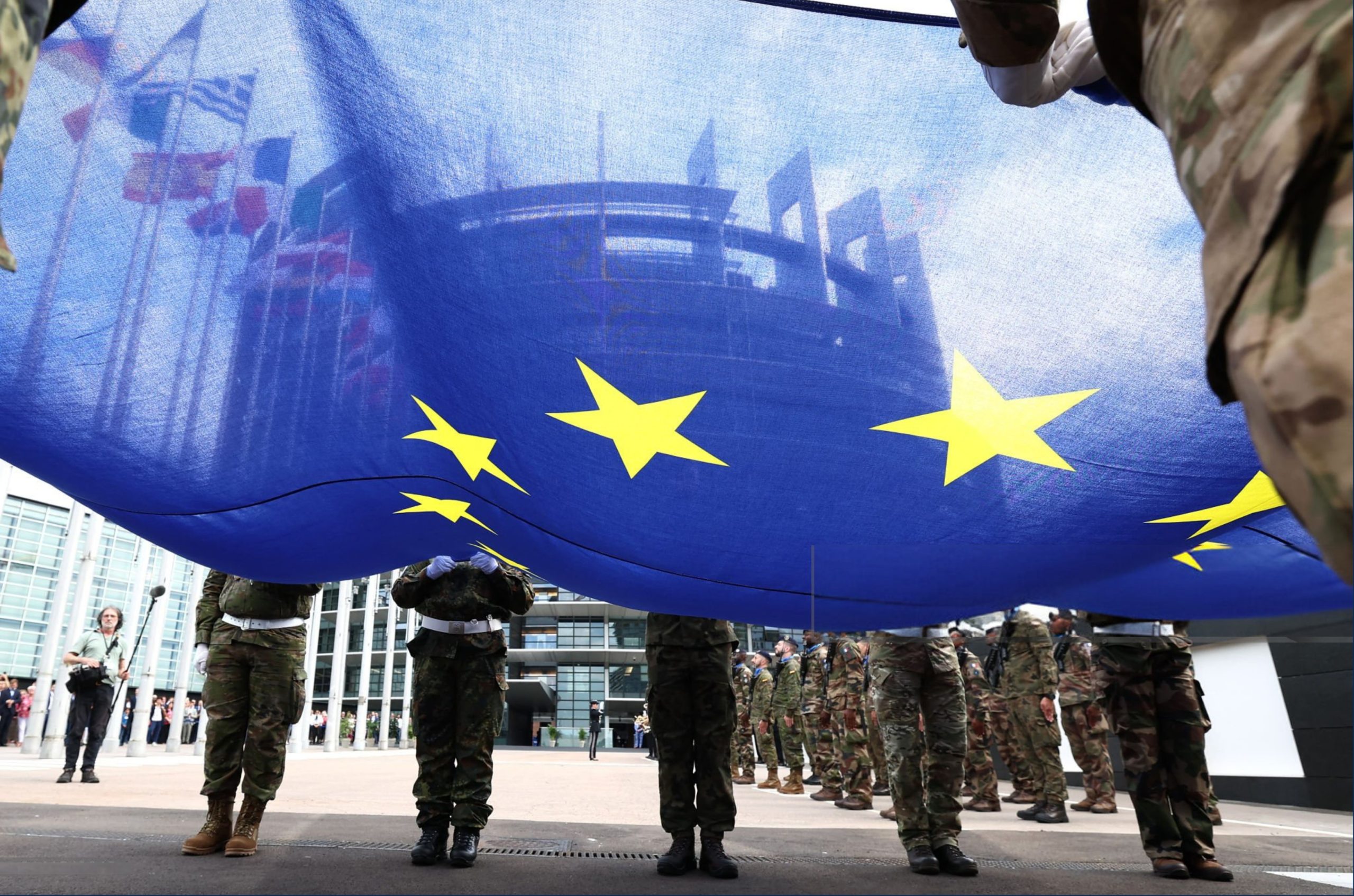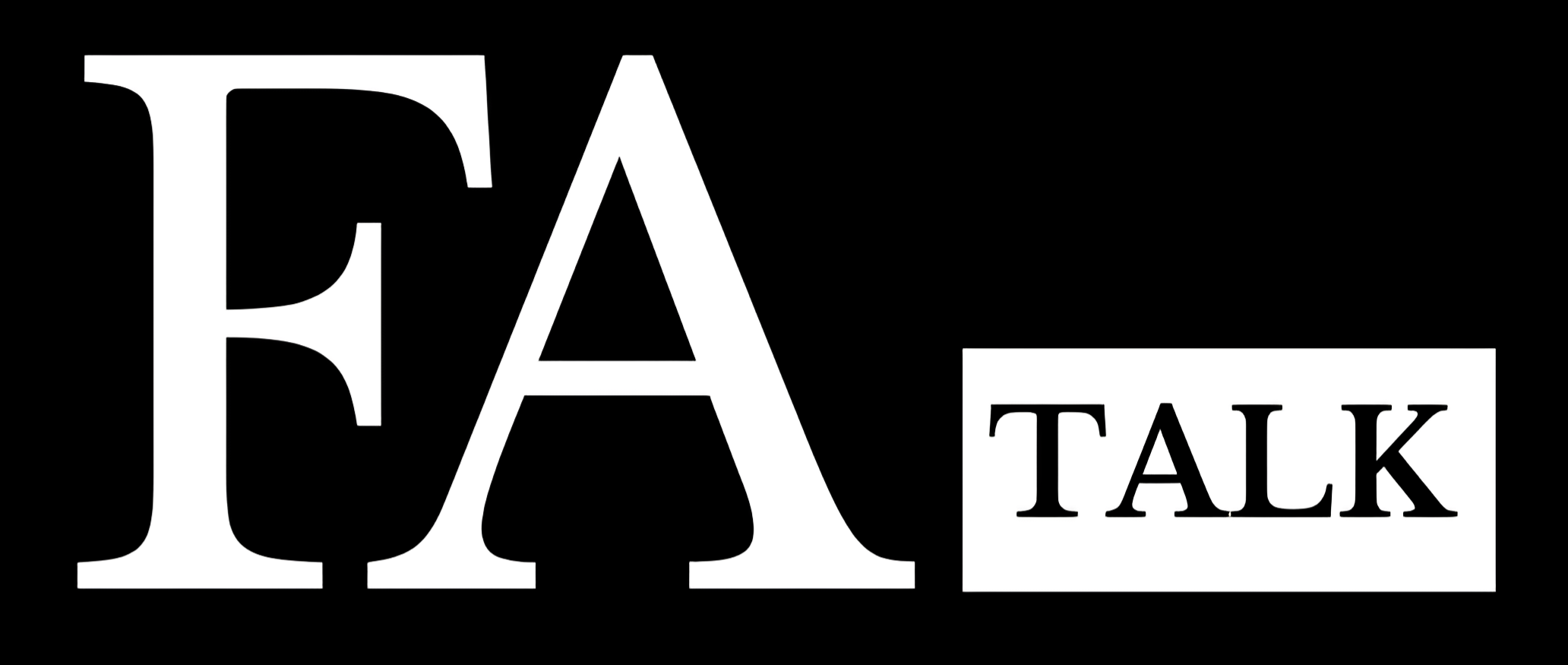
EU's Strategic Agenda and the Challenges of Global Uncertainty
Welcome back to Europe Brief, where we take a look at the evolving dynamics and challenges shaping Europe’s political landscape. Today, we delve into the EU’s newly established Strategic Agenda for 2024-2029, a comprehensive plan designed to guide the bloc through an increasingly turbulent global environment. With priorities centered on fostering a free and democratic Europe, ensuring security and defense, and boosting prosperity and competitiveness, European leaders are facing the monumental task of balancing these objectives amid growing internal divisions.
By | Batuhan Gunes,
OCTOBER 19, 2024 | 08:55 PM

Every five years, European elections take place across Europe, and every five years, the EU and its executive body, the European Commission, decide on their priorities. These decisions are made by European decision-makers, including national ministers, EU leaders, EU institutions, and political groups that have been elected to the European Parliament. In June 2024, the European Council, also known as the Summit of Leaders, decided on the Strategic Agenda of the EU for 2024-2029. These strategic headlines and orientations are traditionally decided by the nation-states and the leaders of the governments of these nation-states.
The priorities for the 2024-2029 period are structured around three crucial overall topics: ‘a free and democratic Europe’, ‘a strong and secure Europe’, and ‘a prosperous and competitive Europe’. The first one is about the normative values and normative heritage of the EU; to protect these values, the EU is focusing on the rule of law, strengthening democratic resilience, and urging for a more inclusive multilateral system. The second one is about the military might and capabilities of the EU, since the political landscape of the world is different from five years ago.
The EU is focusing on supporting Ukraine, collaborating under the auspices of NATO, and cooperating on migration, terrorism, and defense with all its transatlantic partners. Finally, a prosperous and competitive Europe refers to the well-being, purchasing power, and employment opportunities of EU citizens. The EU is focusing on a deeper single market and different areas of cooperation in trade, agriculture, health, and environment. The EU’s five-year strategic agenda is crucial to follow because it determines and steers the EU’s overall policies in the next five years and has a significant influence on how the budget is distributed according to the relevance and importance of the topics and policy fields.
The Israeli-Palestinian war, initiated by the attacks of Hamas on the 7th of October 2023, continues to be a decisive matter in European politics, with diverging opinions and standpoints of the EU countries on the matter. Furthermore, EU policymakers can neither find solutions for a ceasefire nor negotiate a peace treaty. Another viable option to reach a ceasefire can be Türkiye’s mediatorship or guarantorship model that has been proposed by Türkiye and many academics to resolve the Israeli-Palestinian issue.
Türkiye in this regard offers to be a guarantor in the conflict, as its successes in the Russo-Ukrainian conflict and effective mediation between Russia and the West exemplify Türkiye’s successful methods in mediation and render it one of the most successful mediators in international forums. The different ideas and thoughts regarding the Israeli-Palestinian war among EU countries continue to pose serious challenges to one of the world’s biggest economic and political blocs. Mostly Nordic countries and Spain oppose the EU’s overall policies that go beyond merely condemning Israel, and they show strong support and solidarity with Palestinians.
The divergences of opinions between EU countries show that, in fact, the union is now highly fragile to threats that could come from external sources such as a new Trump era, new tensions in the Russo-Ukrainian war, or a Chinese indirect economic threat. Already existing different points of view on migration and the refusal of some Eastern European countries to participate in the EU’s overall migration policies have constituted a breaking point within the EU bloc after 2015 with the migration crisis on European shores. Now, there appear to be more contested issues between European countries as the US enters its election period, with the threat of a second Trump term, which could again be tumultuous for transatlantic relations.
It is a well-known phenomenon that the Donald Trump era marked a decline in transatlantic relations and interactions due to the “America First” and “Make America Great Again” approaches of former President Donald Trump. Trump harshly criticized his European counterparts and European states on high-politics issues such as security and military contributions to NATO. He criticized and even fired individuals through his Twitter (now X) account. Trump’s “America First” policy and his constant, harsh critique of European states, largely due to their inability to meet NATO’s defense spending target of 2% of GDP, pushed some European leaders away from the U.S.
During that period, French President Emmanuel Macron even argued that NATO was experiencing “brain death,” and former German Chancellor Angela Merkel closely collaborated with Russia on pipeline projects that brought the EU to the brink of being subjected to CAATSA sanctions (the legitimacy of these sanctions, imposed by the U.S. on various countries, was also questioned by European policymakers). As we approach the U.S. elections in November 2024, the potential return of Trump, or what is perceived by the EU as a looming threat, is once again on the European horizon.
A possible comeback of Trump seems to genuinely worry nearly all European states and their leaders, with the notable exceptions of Geert Wilders of the Netherlands and Viktor Orbán of Hungary, whom Trump considers close ideological allies. Journalist Luke McGee, writing for Foreign Policy, argues in his article that Europe is far from being “Trump-proofed,” and highlights Europe’s lack of preparedness should Donald Trump win another term in the Oval Office.
According to McGee, the term “Trump-proofing” refers to three key elements. The first is reducing European security structures’ fatal dependence on the U.S.; the second is developing a foreign policy independent of the U.S.; and the third is diversifying economic partnerships. Up until now, it would not be wrong to say that European countries, and essentially the EU, have been unsuccessful in achieving any of these three goals deemed necessary to Trump-proof Europe. Despite Brussels’ efforts with strategic autonomy and strategic compass initiatives, the EU and European defense industries remain heavily dependent on the U.S. and its security umbrella, which is NATO.
The EU is also incapable of pursuing a distinct foreign policy agenda and differentiating itself from the U.S. As I mentioned in one of my previous newsletters, the EU has been consistently bandwagoning with the U.S. at every step, which has led to a decline in the EU’s credibility in international forums. As a result, in the next two or three decades, we may witness an erosion of values as common ideals and principles are increasingly rejected or undermined by nation-states toward international institutions and systems. This dangerous phenomenon has been particularly evident in the recent Israeli-Palestinian conflict and the Western countries’ complacency in the face of the genocide in Gaza.
In conclusion, while a possible Trump comeback might bring challenges for the old continent, both a Trump or Harris administration would likely continue to pressure their European counterparts on issues such as security, support for Ukraine, and dealing with Russia and China. It can be anticipated that a potential Harris administration might take a more assertive stance against Israel and its violations of international law, despite the influence of pro-Israeli lobbying groups on Capitol Hill that advocate for the military-industrial complex.
It is unclear what the coming months will bring, but if there is a genuine desire to protect and strengthen the international system and its institutions, the ongoing conflicts in Ukraine and Gaza must be ended as a top priority, with the perpetrators held accountable in international criminal courts. Additionally, the United Nations Security Council, which is dominated by five permanent members, should either be abolished or reformed into a more inclusive system. This would allow states from the Americas, Africa, and Asia to engage in meaningful dialogue and cooperation, helping to prevent the recurrence of humanitarian catastrophes like those in Ukraine and Gaza.
Read More
